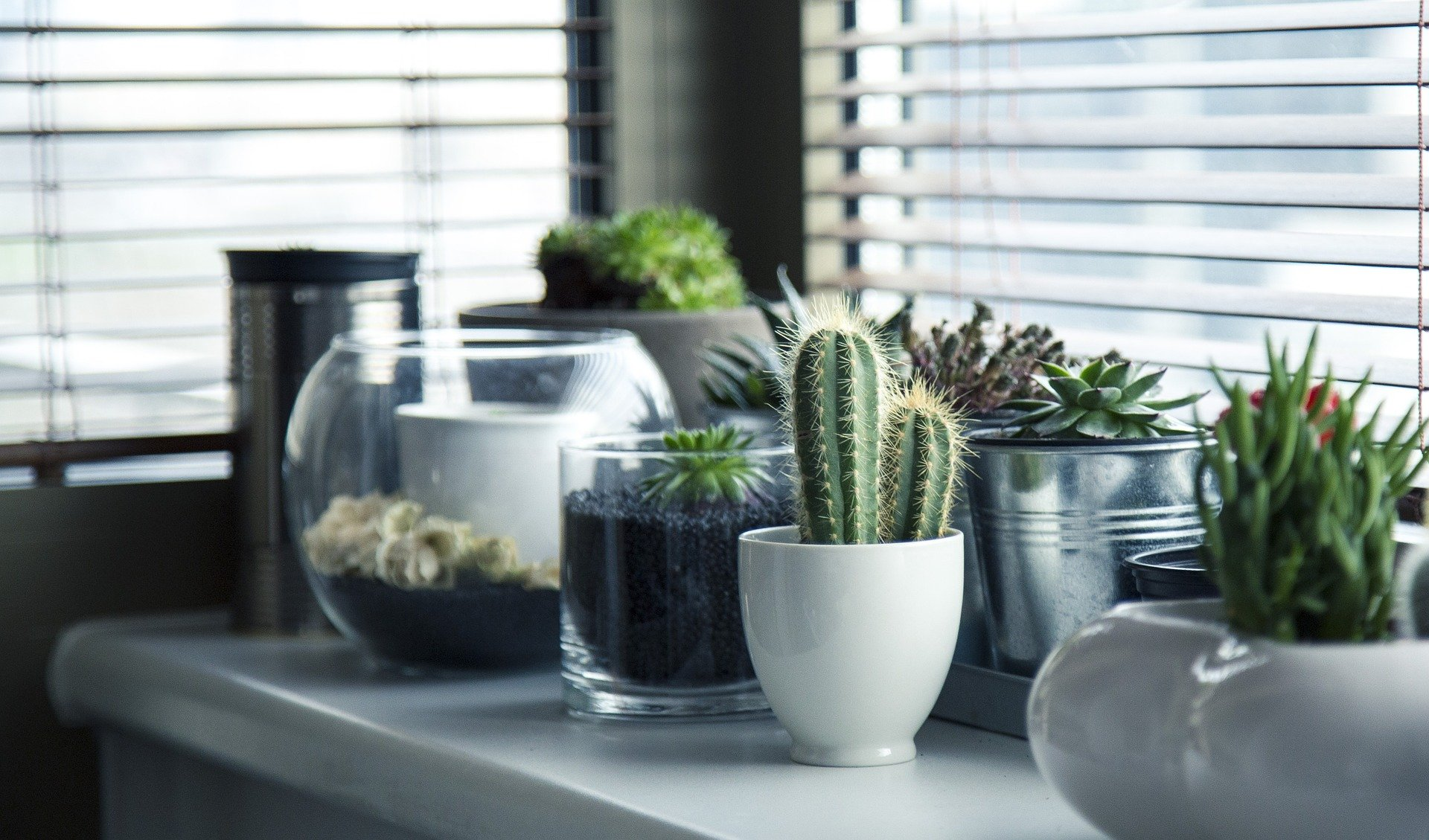
5 surprising benefits of an indoor plant
5 surprising benefits of having an indoor plant

The Covid-19 pandemic changed the world in different ways. For most people, it meant spending more time within the walls of their homes, leading to an increase in the demand for house plants.
This is because most plants can brighten up any space and make you feel more at ease. Research shows that 66% of American homes now own at least one house plant.
Although most people purchase plants for aesthetic reasons, plants have other benefits that you may be probably unaware of.
Here are 5 surprising benefits of keeping an indoor plant.
Indoor plants reduce stress levels

In 2015, a study was conducted to prove that interacting with indoor plants can have psychological and physiological benefits.
They engaged 24 young adults and divided them into two groups. The first group was given an indoor transplanting task, while the second group was given a computer task.
After completing their tasks, a psychological evaluation was carried out on each person. Results showed a significant reduction in the diastolic blood pressure of the first group after they finished their indoor transplanting task.
Both groups switched tasks, and the result was the same. From this, the researchers were able to conclude that interacting with indoor plants can lead to a feeling of comfort and natural well-being.
More so, several other studies have confirmed this. Hospitals now prescribe indoor plants to patients suffering from anxiety and depression.
If you ever feel anxious, consider getting some houseplants. It is good to be aware that, some plants possess stronger psychological benefits than others.
To relieve anxiety, opt for plants like flamingo lily, lavender, prayer plants, spider plants, etc.
Indoor plants improve indoor air quality

While seeking ways to improve the air quality in a sealed aircraft, researchers discovered that the soil and roots of house plants significantly reduced the level of volatile organic compounds (VOCs).
Paints, insecticides, and other household chemicals pollute the atmosphere with formaldehyde, benzene, and trichloroethylene. These pollutants irritate the skin, throat, and eyes.
Exposure to these compounds may lead to even worse health problems. Indoor plants such as bamboo palms, spider plants, Boston ferns, rubber trees, and Ficus tree absorb those toxins.
Also, when humans release carbon dioxide, the plants absorb it and release oxygen. This increases the oxygen levels in a home.
Improves Focus and Productivity
Multiple studies have shown that indoor plants can enhance productivity, focus, and concentration levels.
In a study carried out in 1996, students working in a computer lab were closely monitored. It was observed that the students worked better when indoor plants were present.
In another study, researchers asked people to create new words. They did better when plants were introduced into the rooms.
If you are finding it hard to concentrate, perhaps cultivating indoor plants can help.
Indoor Plants Enhance Recovery after an Illness
Based on a 2009 study, 90 patients were recovering from hemorrhoidectomy - a surgical procedure that involves the removal of internal or external hemorrhoids.
Half of the patients had live plants in their rooms. The other half didn't.
The following data were recorded for each person - length of hospitalization, pain relievers used, vital signs, pain distress, pain intensity, anxiety and fatigue, and the patient's room satisfaction questionnaire.
During the recovery period, patients in rooms with live plants had more positive physiologic responses than those who didn't. They experienced lower systolic blood pressure, less anxiety, and lower ratings of pain.
The patients with plants also felt good about their rooms, needed fewer pain relievers, and recovered faster.
Based on their feedback, the plants brightened up their environment, reduced their stress, and gave them a positive impression of their caregivers.
This research highlights the therapeutic value of live plants in hospital rooms. It describes plants as affordable, non-invasive, and powerful complementary medicine for patients.
Indoor Plants improve job satisfaction
After an interview with over 400 Amazon staff, a study showed that members of staff with indoor plants present in their offices experienced greater job satisfaction than others.
Another research was carried out on 34 people, each one assigned randomly to one of two office settings. One of the offices had four indoor plants, the other didn't.
The attention capacity of each person was assessed on three occasions - immediately after they entered the office, after they performed an intense cognitive task, and after a short break.
Those in the setting with indoor plants recorded an improvement in their performance. The opposite was the case with people in the no-plant setting.
Conclusion
Plants not only beautify a space, but they also reduce anxiety, help in the recovery process after an illness, enhance work productivity, cleanse the air, and improve concentration.
A small touch of greenery can make a difference in your room, office, or living space.
You can get started with a terrarium kit. A terrarium is a miniature indoor garden typically consisting of a sealable glass container, soil, and plants.
At LittleGren, we have a wide variety of affordable and high-quality DIY terrarium kits. You can enjoy all the benefits of indoor plants by purchasing one or more of our terrarium kits.
